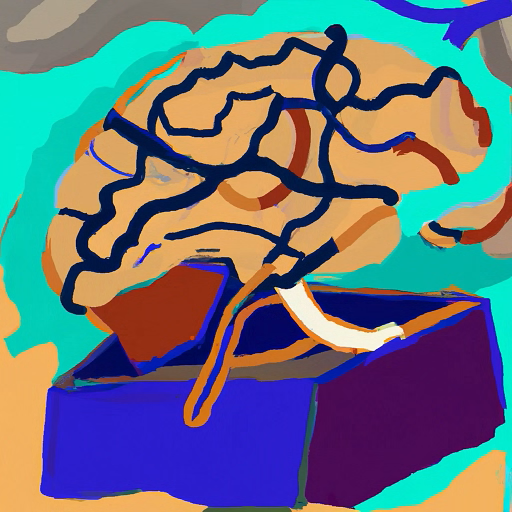Why does mood disorders research matter?
Mood disorders are common and can be disabling. Depression is considered the leading cause of disability across the world. Yet, less research has been dedicated to the study of mood disorders than other medical conditions with a lower health burden. Research can help us understand how and why mood disorders develop. This can inform treatment and even prevention strategies.

How do brain scans help us understand mood disorders?
How do MRI machines work?
Are there differences between the brain of a person with a mood disorder and a normal (control) brain?
Are mood disorders hereditary?
Mood disorders do include a hereditable component. Bipolar disorder is highly (60-90%) heritable. It is one of the most heritable mental disorders. It is more heritable than other common medical conditions such as hypertension or obesity and probably type 2 diabetes mellitus. This doesn’t mean that if you have bipolar disorder your children will invariably be affected. Children of a parent with bipolar disorder have about a 10% chance of developing the condition. Major depression is about half as hereditable as bipolar disorder.